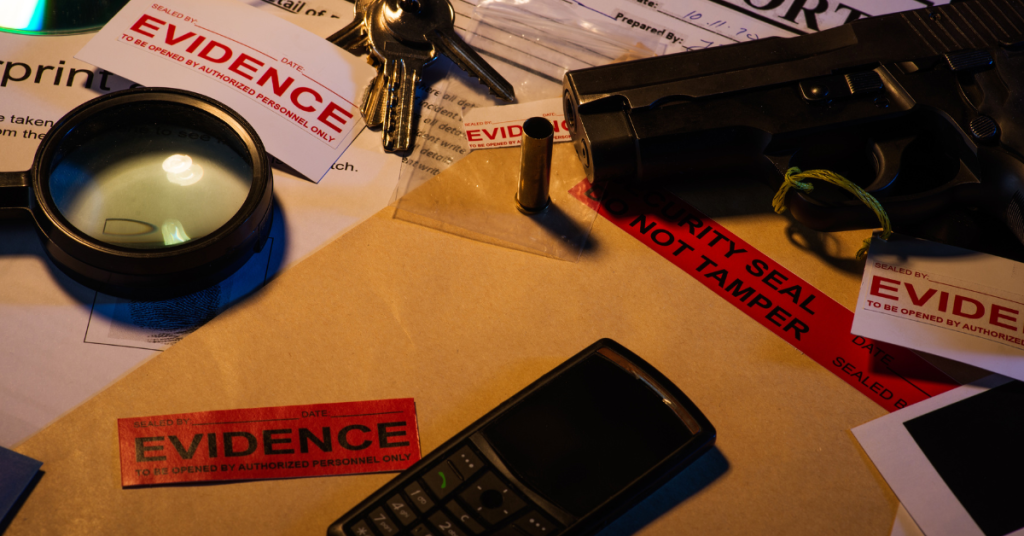Charged under felony murder but didn’t kill anyone? SB 1437 and “reckless disregard” could offer a path to reduced sentencing. Here’s how…
Understanding Felony Murder & “Reckless Disregard”
California’s felony murder law makes accomplices responsible for deaths during certain felonies. However, a key element is “reckless disregard” for human life. But what exactly does that mean in practice?
The Case: Accidental Shooting, Deadly Outcome
Imagine this:
- Defendant 1: Struggled for a gun in a car, accidentally shot themself, but survived.
- Defendant 2: Seeing the struggle, shot the victim fatally.
- Outcome: Despite not intending to kill, Defendant 1 is charged with felony murder.
The Argument: No “Reckless Disregard”
A post-conviction attorney could argue Defendant 1 should be resentenced because:
- Self-inflicted wound: Shows a lack of intent to harm the victim.
- Focus on self-defense: Struggle suggests a desire to control the weapon, not injure others.
- No direct action against the victim: They didn’t shoot or aim at the deceased.
SB 1437: A Potential Lifeline
SB 1437 changed California’s felony murder law. It focuses on those who directly caused the death or acted with “reckless disregard.” Here’s how it could help Defendant 1:
- Resentencing Opportunity: SB 1437 applies retroactively, meaning even those previously convicted can seek resentencing if they weren’t the killer and lacked reckless disregard.
- Shift in Focus: Emphasizing the accidental shooting and lack of intent toward the victim could prove Defendant 1 shouldn’t be held responsible for felony murder.
It’s NOT a Get Out of Jail Free Card
SB 1437 doesn’t exonerate all accomplices. The prosecution might argue the initial struggle created a dangerous situation. Each case is unique.
Facing felony murder charges even if you didn’t inflict the fatal injury? Don’t lose hope. Consulting an experienced California criminal defense attorney in SB 1437 is crucial. They can analyze the specifics of your case and seek potential resentencing.

